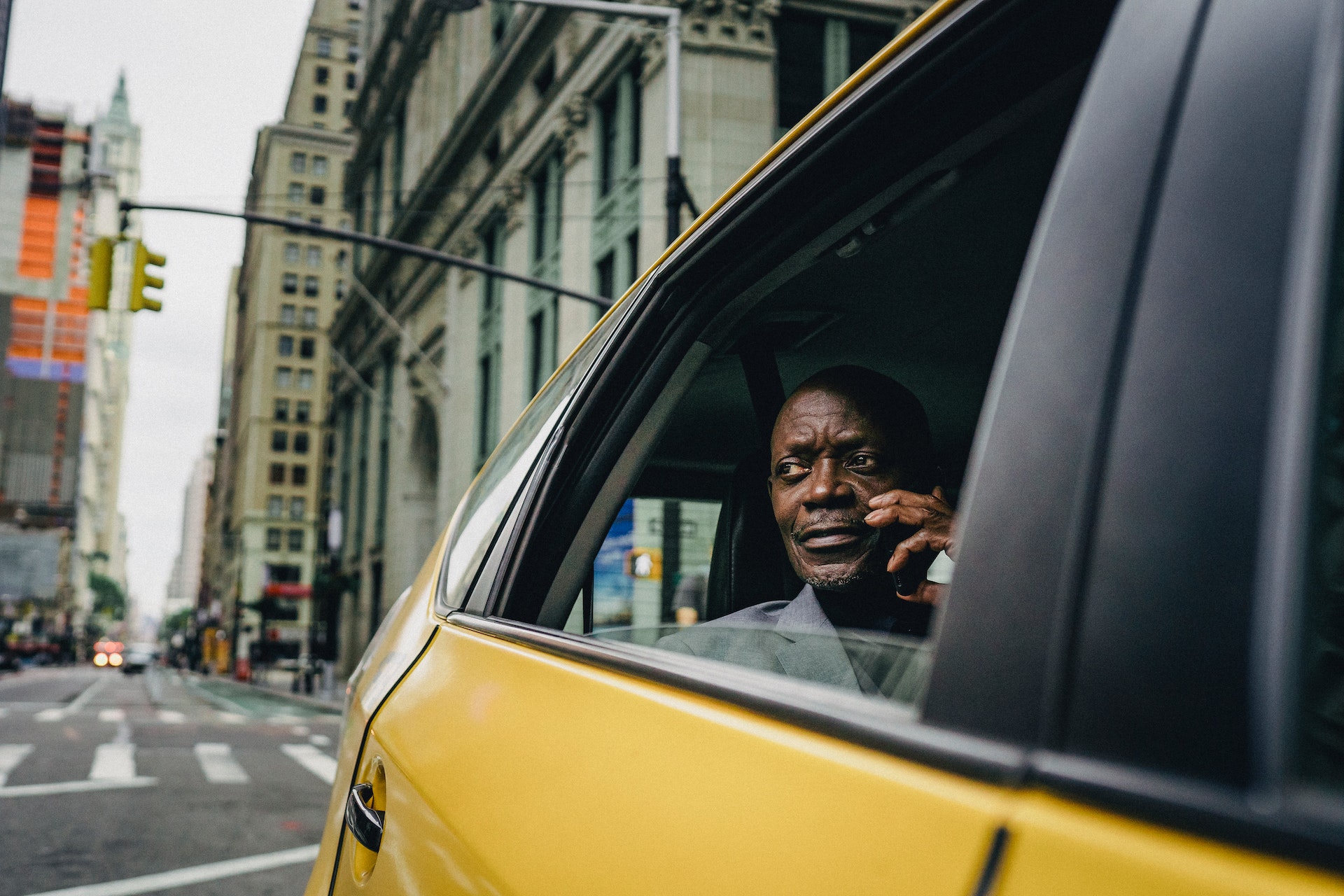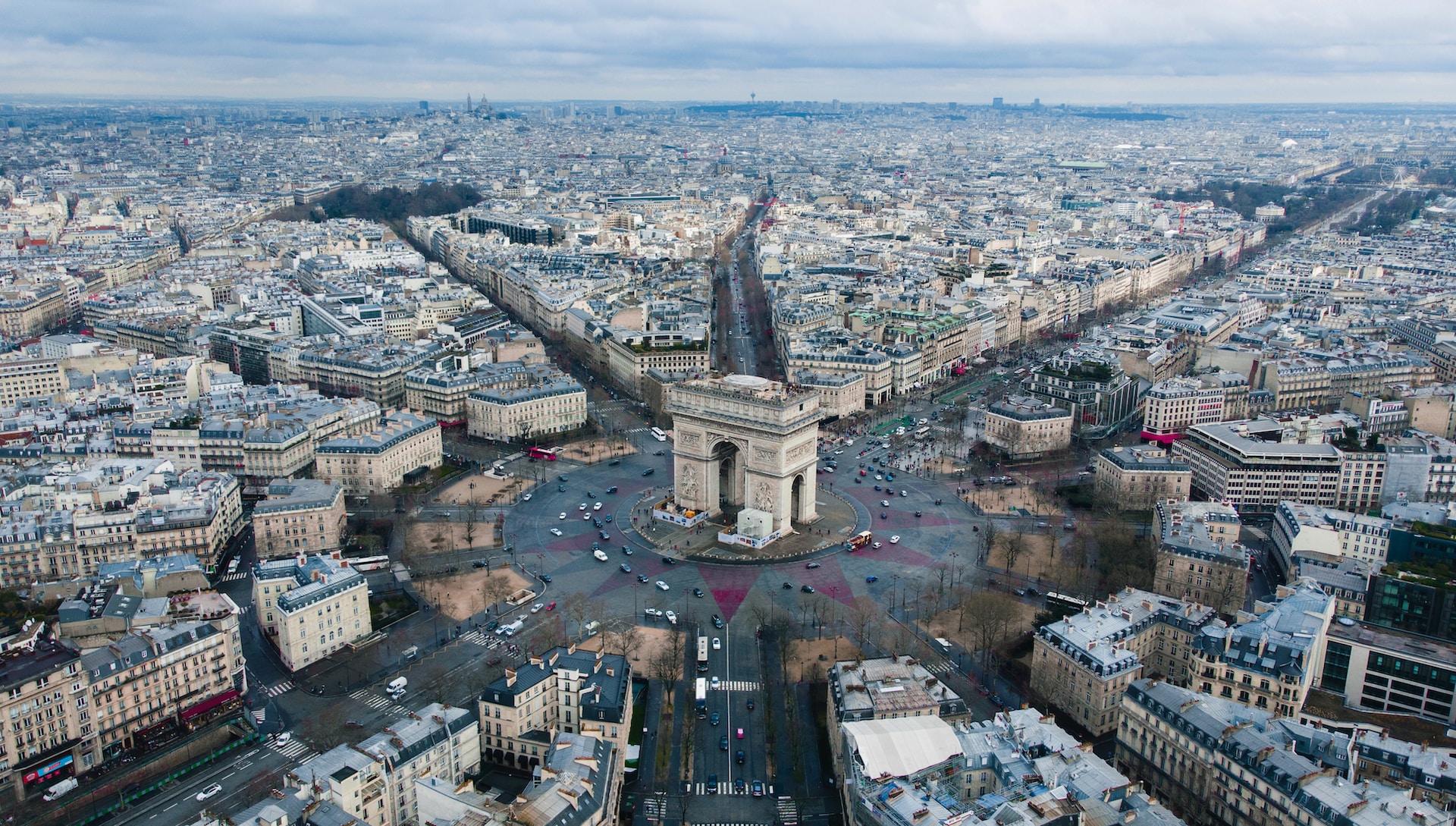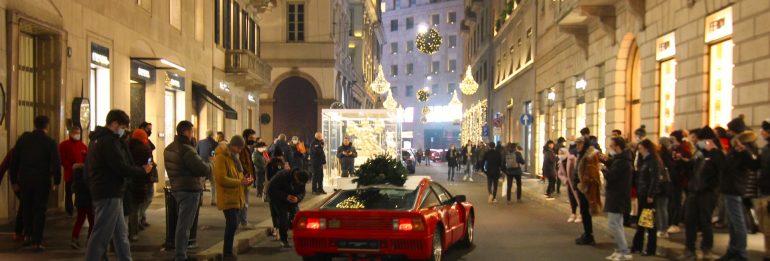In an audacious move towards sustainability, Milan, one of Europe's busiest and most polluted cities, is taking a stand against vehicular pollution by proposing a ban on cars in its bustling centre.
The Backdrop: Milan's Air Quality Crisis
Milan's iconic skyline and bustling streets have a less attractive counterpart: air pollution levels that are dangerously high. As per recent measurements, the city's levels of fine particles—a pollutant hazardous to human health—stand at a staggering 19.7 μg/m3. This is almost quadruple the maximum safe level of 5 μg/m3, as designated by the World Health Organisation (WHO).
Ban Cars, Breathe Easier
Under the direction of Mayor Giuseppe Sala, the city aims to rejuvenate its air quality and potentially safeguard the health of its 1.4 million residents. "It's a small thing, but at the same time, it's a historic thing," Sala remarked at a sustainability festival, underscoring the significance of this proposed change.

With an enforcement mechanism involving surveillance cameras along the Corso Venezia, the ban, if approved, will come into effect in 2024. While this move seeks to significantly reduce private traffic, exceptions will be made for residents with garages, taxis, public transport, and those accessing parking spaces.
Violators of this regulation will be slapped with a fine. Though the exact amount remains unspecified, it serves as a deterrent to those considering flouting the new rules.
Beyond the immediate environmental benefits, this shift promises to transform some of Milan's most frequented regions. Areas like the Fashion Quadrilatero, synonymous with high-end boutiques and luxury shopping, will become more pedestrian-friendly.
Backing from key stakeholders, including numerous fashion houses in the proposed banned zone, suggests a broader acceptance and even enthusiasm for the change. Many have shown interest in converting the area entirely for pedestrian use.
Dissenting Voices
While the proposition has garnered substantial support, it's not without its critics. Mayor Roberto Di Stefano of the suburban commune, Sesto San Giovanni, has lambasted the idea. In his view, the ban is "an absurdity" that would inconvenience not just Milanese locals but also commuters from surrounding regions.
A Growing Trend Across Europe
Milan's potential pivot away from vehicular traffic echoes broader European sentiment. Stockholm, the Swedish capital, recently unveiled plans to prohibit petrol and diesel cars from its centre, with the new regulation commencing at the end of 2024.

Paris, too, has ambitious plans in the pipeline, hoping to exclude private vehicles from its historic heart by early 2024—right before the much-anticipated Olympic Games. This move alone might reduce the vehicular count by an impressive 100,000 cars daily.
Conclusion
As cities worldwide grapple with the twin challenges of ensuring citizens' well-being and sustainable growth, measures like Milan's proposed car ban signify a commitment to reimagining urban life. It remains to be seen how such bans will shape the future of these cities, but the trend signals a collective, determined march towards cleaner, greener urban landscapes.
©GlobalCO2.uk





